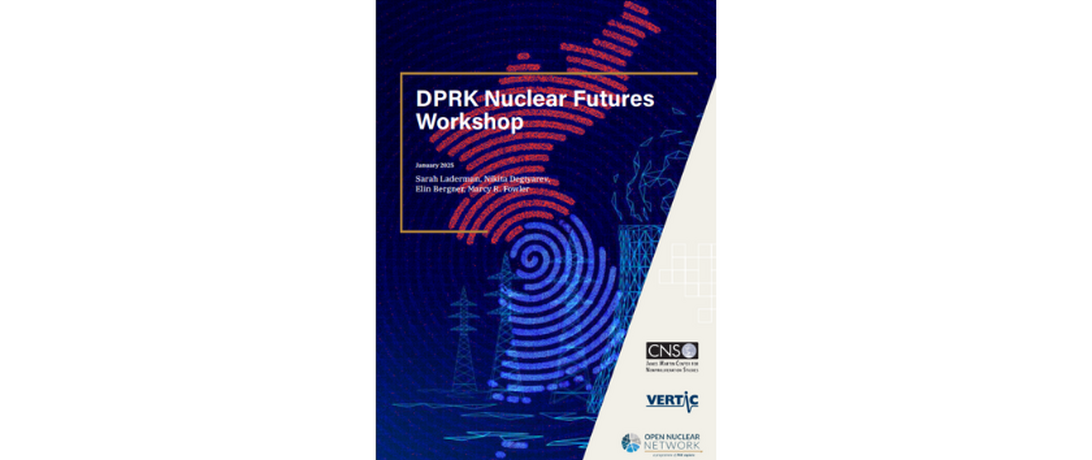
Executive Summary
In February 2024, the Verification Research, Training and Information Centre (VERTIC), Open Nuclear Network (ONN) and the James Martin Center for Nonproliferation Studies (CNS) convened a two-day workshop to explore the future of the Democratic People’s Republic of Korea’s (DPRK) nuclear programme. The goal: to assess potential future scenarios shaping weapons-usable nuclear material production, delivery systems and verification options for any future negotiated deals. Using expert elicitation and forecasting techniques, the workshop generated critical insights into the DPRK’s evolving nuclear programme.
Discussions highlighted the unpredictable nature of the DPRK’s nuclear objectives, which appear driven less by clear defence priorities and more by leader-centric decisions or post-hoc rationalisations of newly acquired capabilities. Despite this secrecy and changeability, participants identified plausible drivers behind the programme, such as national defence, technological ambition and regime prestige. Key uncertainties – ranging from nuclear accidents and economic challenges to famine, pandemics or diplomatic recognition – emerged as potential influences on the DPRK’s trajectory.
Focused forecasting exercises and analysis honed in on five areas requiring ongoing scrutiny and open-source monitoring and analysis:
- The Experimental Light Water Reactor (ELWR) at Yongbyon.
- Advancements in gas-boosted nuclear weapons.
- Possible adoption of multiple independently-targetable reentry vehicles (MIRVs).
- Potential nuclear cooperation with Russia.
- The evolving dynamics of nuclear diplomacy with the United States.
While these factors might impact the DPRK’s arsenal composition, they are unlikely to drastically alter its size. The workshop underscored that understanding the drivers and impacts of change – not precise numerical predictions of arsenal size – is the key to shaping effective analysis and policy.
Participants praised the unique workshop structure, which encouraged critical debate, challenged assumptions and broadened perspectives. By fostering collaborative inquiry and exploring potential futures, the workshop equipped experts with new information and methodologies to navigate the complexities of the DPRK’s nuclear landscape.
Access the full report as a PDF here or on the right-hand side.